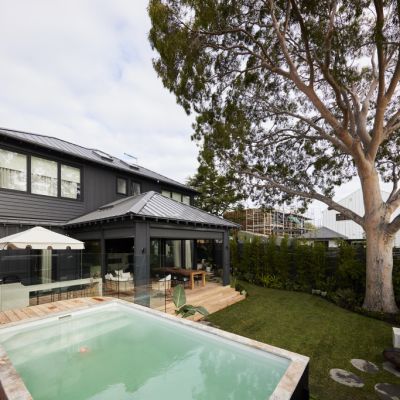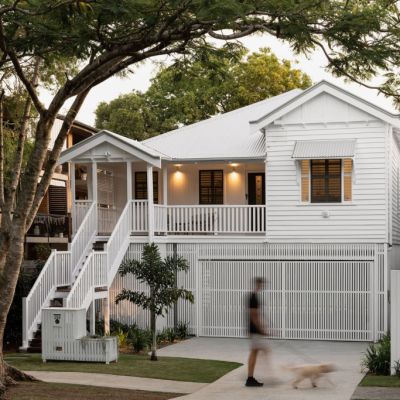How to help your kids buy their first home (if you’re not a millionaire)
Rents are at record highs, house and unit median prices have climbed to eye-watering peaks, and young Aussies are finding it harder than ever to leap onto the property ladder.
For parents hoping to help their kids buy a home, it reads like a horror movie script.
But it doesn’t have to, financial and mortgage experts say, and if you want to help your kids buy their first home in today’s market, they believe there are a few simple tactics to try that don’t necessarily require a trip to the bank of mum and dad.
Give a little financial leg up
While Domain recently released reports that show weekly asking rents reached record highs across most capital cities, and the latest House Price Report shows median unit prices have also reached record highs across much of the country, Kelly Kennedy, the director of financial consultancy BDO, says helping your kids with their first-home loan deposit remained a top tactic.
“Giving as little as $10,000 can make a big difference. According to the Australian Housing Urban Research Institute (AHURI) a gift of $10,000 or more increases the likelihood of transitioning into first-home ownership by 90 per cent,” Kennedy says.

“That said, the thing to be aware of is once you give that money to the child it’s theirs. If the child buys a property with a partner and the relationship breaks down, you may not get it back.
“To protect yourself a little you could structure it like it’s a loan and this means you will need to get some legal advice.
“The other thing to consider is the way the bank looks at it if the child receives a cash gift. This gift needs to be in conjunction with the applicant being able to save enough.”
Outside of the cash gift option, Kennedy says that simply encouraging your child to stay home longer or allow them to return to the family home could be a game-changer.
“Co-residing with your kid is a big help and by letting them live rent free or by just paying a small amount of board, AHURI quotes that you’ll increase their ability to get a mortgage by up to 40 per cent.”
Be a guarantor
Kade French, owner and senior mortgage broker at The Newstead Group, says being a guarantor for those who needed help putting down their first-home loan deposit was a great option – but warned it was all about risk positioning.
For the uninitiated, being a guarantor means guaranteeing someone’s mortgage and guarantors agree to offer part of their home equity to top up a cash deposit. And yes, they’re usually parents.
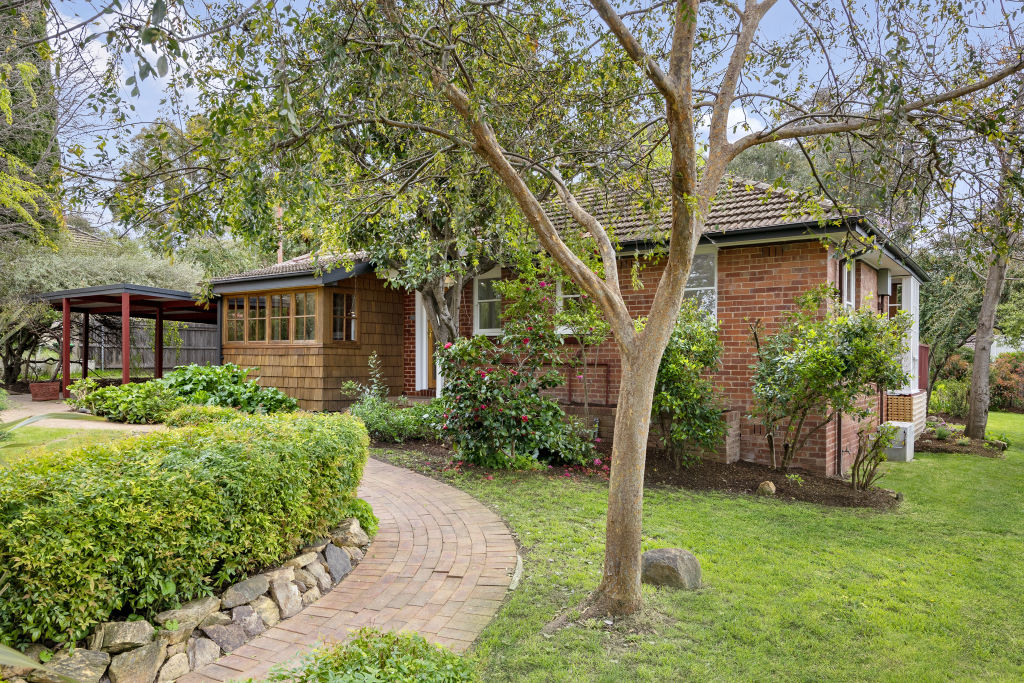
No money changes hands and it can help your kid get onto the property ladder much sooner. It also means, French says, that your kids could use any money they have saved for a deposit for furniture or unexpected property costs.
But it comes with a caveat.
“If the loan applicant can’t show the bank a history of being able to pay rent or bills, they still may not be approved … and if you aren’t able to save that 5 per cent for a deposit then that’s going to be a red flag,” he says.
French noted a significant rise of parents and kids opting for the guarantor route over the past year due to rising home prices and rents but says both parties need to understand the risk and be prepared.
“The biggest risk for guarantors is losing your asset and no bank wants to repossess someone’s home … so we need to see evidence that you can pay that loan back,” he says.
“The second thing is parents need to be in a position where they can be guarantors, which means they would need to be working or have an investment property.
“The perfect scenario is a parent with an investment property that’s paid off.”
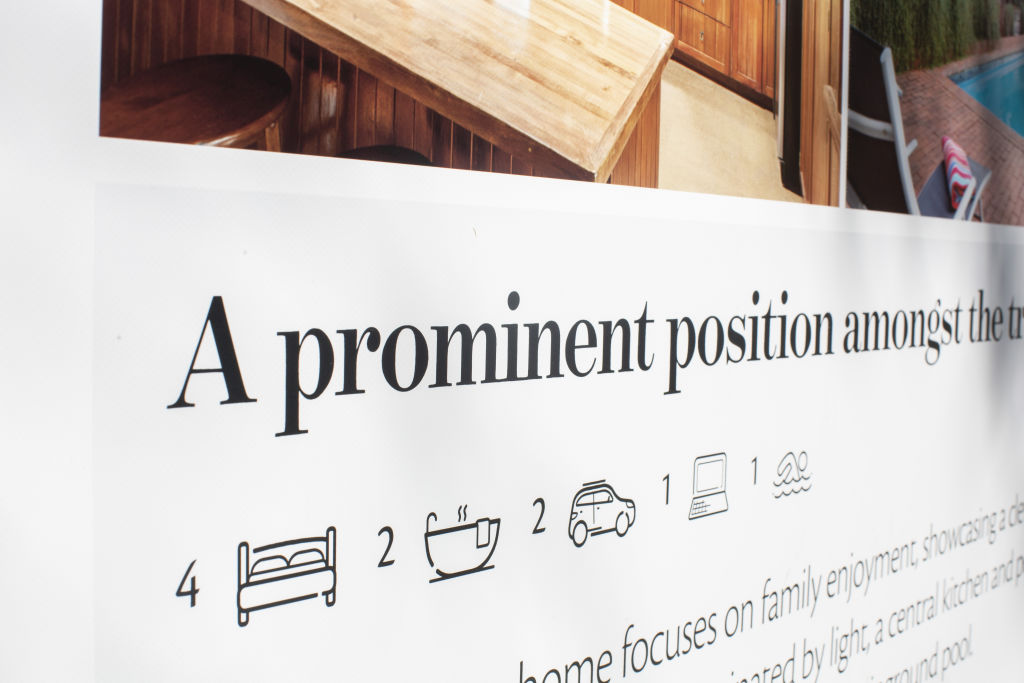
If the stars align, French says some banks would approve up to 105 per cent of a guarantee in scenarios where the applicant has saved a sizeable sum of about $20,000 but wanted to put that towards a fixer-upper.
The gift of guidance
Justin Brand, principal and independent financial adviser at Brand Financial, says he has also noticed an uptick of concerned parents wondering how best to help their kids enter the market, but says simple solutions reigned supreme.
They include encouraging good savings patterns, instilling the art of living within your means, and being there to guide your kids through the tough parts while still letting them take the lead and learn.
“Ultimately, the challenge for a lot of kids is getting the deposit together so parents do often ask me if they should provide it. But young adults still have to be in a position to repay the loan, so my approach towards guiding parents is to centre it around getting their kids prepared.
“This can mean having a look at their kids’ cash spending habits and what it means to take on a loan because even if you give them the leg up, they’ve got to be able to manage the loan. It’s about focusing on getting the kids to help themselves.
“And the government’s First Home Guarantee Scheme is great as it means you only need 5 per cent for a deposit … and where normally you would have to pay Lender’s Mortgage Insurance, the government is now stepping in and providing that guarantee.
“But that 5 per cent deposit has to come from genuine savings, so if your kids aren’t able to save 5 per cent, they’re maybe not ready to get that loan.”
Brand says helping your kids put together a track record of savings, steering them towards affordable suburbs, guiding them through the art of negotiation, and helping them with the paperwork are invaluable skills you can share.
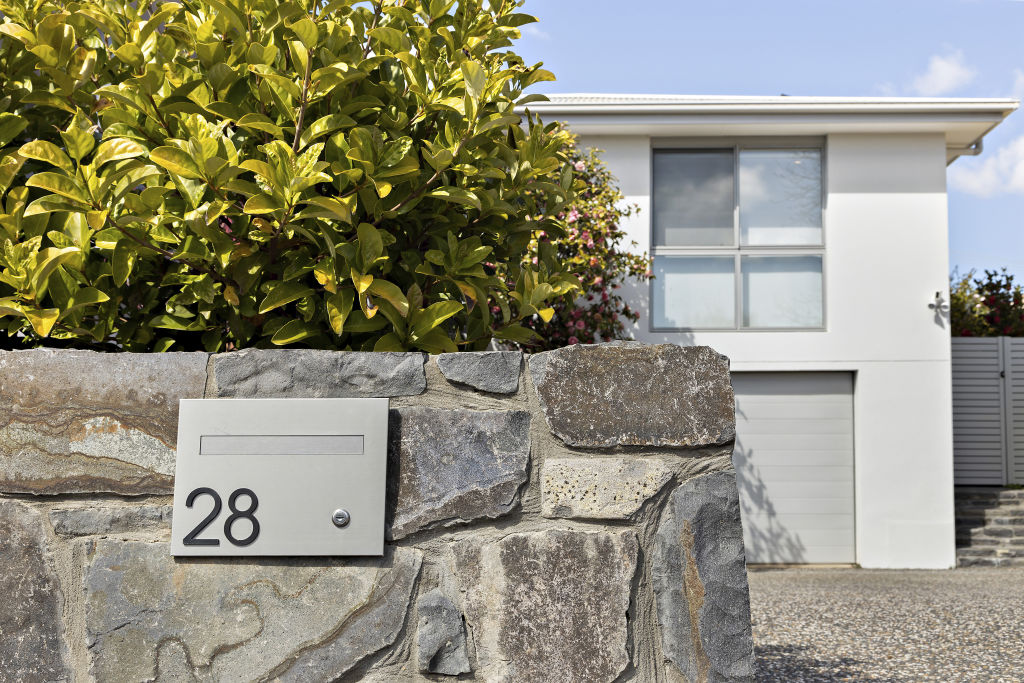
“I think a lot of younger people need to adjust their expectations but when asked to do this, they often respond really well to it,” he says.
What it means for a first-home buyer
Adjusting her expectations helped 24-year-old Brisbane nurse Clare Bacon recently buy her first home. It was a purchase she’d felt pressured to make sooner rather than later considering rising house prices, but it was one she says was made easier through guidance from both Brand and her parents.
Together with her partner, Bacon bought a house for just over $900,000 in Salisbury, a suburb she’d initially felt was too far afield.
“The banks were actually willing to lend us a lot but that’s when mum and dad thought we should see a mortgage broker and we ended up seeing Justin. He looked at our income and our expenses and guided us down the right path,” Bacon says.
“We were initially looking at fixer-uppers, but Justin spoke to us about the mortgage we would be able to get and how we would need to spend another $200,000 on top of our mortgage.
“While Salisbury wasn’t at the top of our list we now love it, and we ended up with a three-bedroom house that we bought through auction.
“There are so many processes and looking back, our parents gave us so much advice and they just really guided us through the financial aspects.”

We recommend
We thought you might like
States
Capital Cities
Capital Cities - Rentals
Popular Areas
Allhomes
More

